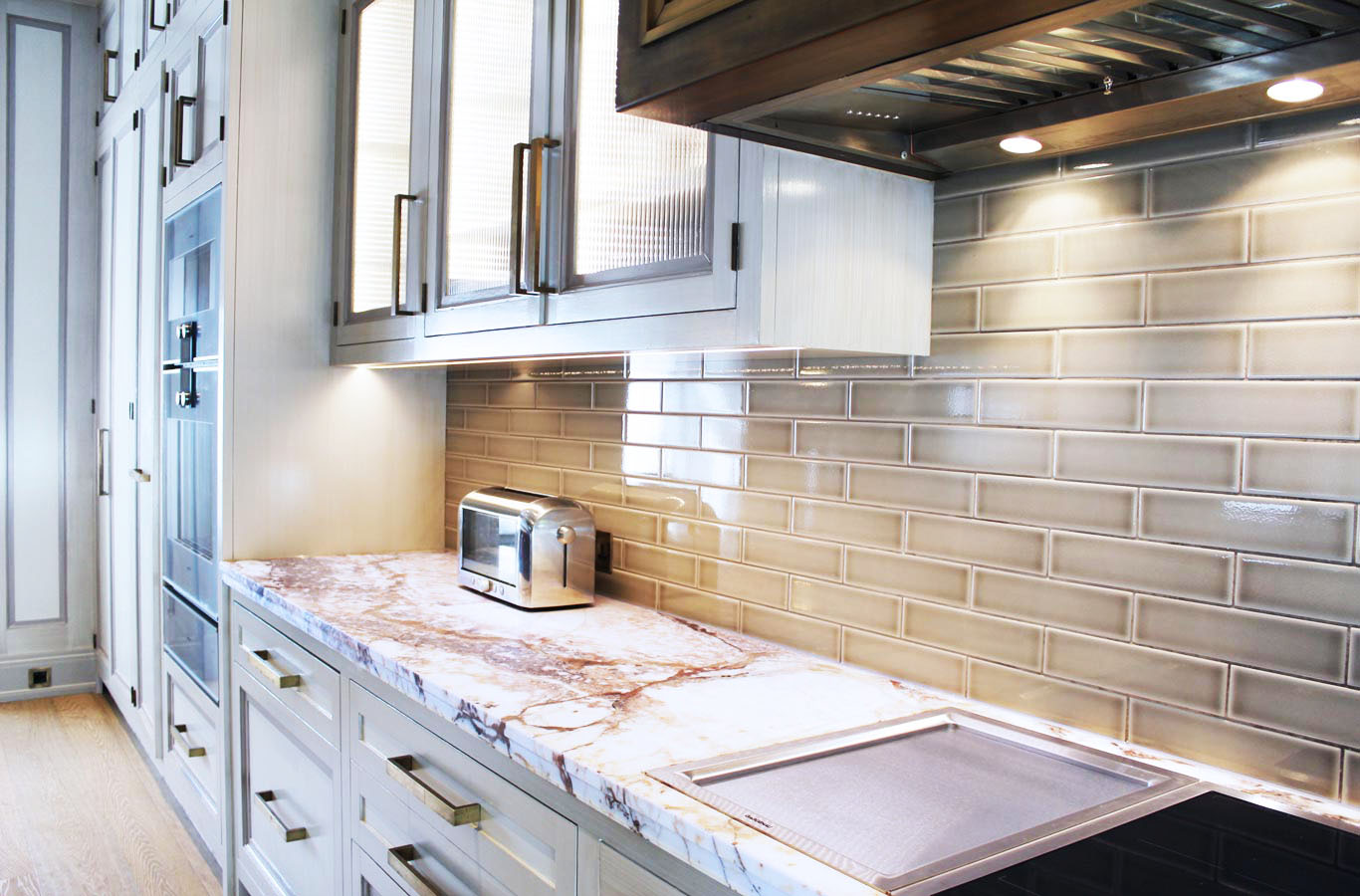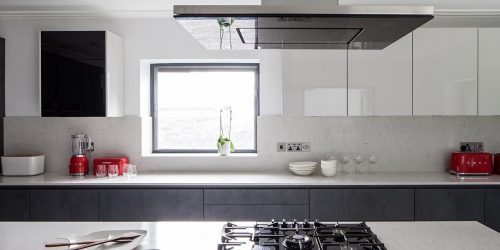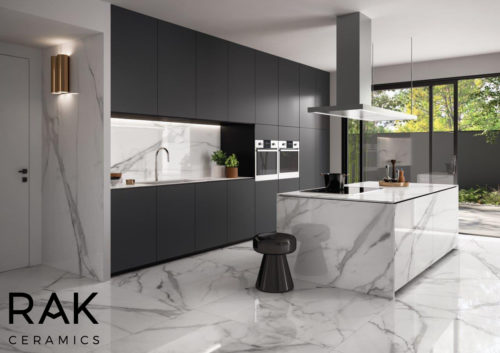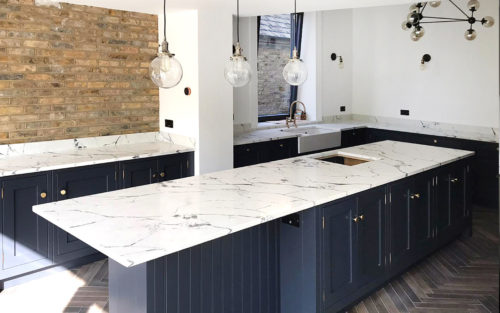When you are redesigning your kitchen, one of the most important consideration is the worktops. This is because they have to be durable and withstand a constant workload. At the same time, worktops, together with splashbacks, take up quite an amount of space in the kitchen, so they need to look great as well. As with the floor, they are in a horizontal plane, and this has the effect of making them stand out.
Of course, choosing your worktops can be something of quandary because there are so many different materials from which to choose. Do you want a single colour, and if so, what should it be? Would you prefer something with patterns and swirls in it, as so many natural stones have? Do you want something that is easy to clean? If you spill something on the surface, will it stain it? Is it OK to put hot pans straight from the hob or oven on it? Does it matter? Will it scratch if you chop foods on it? After all, you are using it to prepare foods, and that often means cutting them up, even if it is only chopping up carrots, lettuce, potatoes, tomatoes, radish, and so on.
As you can see, once you start to think about it, choosing kitchen worktops is no easy matter.
The different materials available include wood, stainless steel, natural stone, man-made stone, toughened glass, laminates, cement, and more.
As you might guess, at Marble & Granite we favour stone worktops in London, and there are several of those from which to choose. In fact, more people today are choosing stone worktops over other materials, and they can be natural stones such as marble, granite, quartzite, limestone, and so on, or they can be man-made stone such as quartz and sintered stone.
One of the stones that is popular is quartz for worktops in London, and this is for a number of reasons. Quartz is a man-made stone, which is something of a conundrum for many people because natural quartz is one of the most common rocks in the earth’s surface. In fact, after feldspar, it is the most common rock. It comes in different forms such as jasper, amethyst, onyx, agate, tiger eye, and more, all of which are types of quartz.
However, when used for worktops, quartz is engineered by mixing powdered quartz aggregates which constitute about 93% of the finished stone, with polymer resins and pigments for colouring. The resultant stone is extremely hard and totally non-porous which is a big benefit in the kitchen where spills are common. You can spill lemon juice, coffee, red wine, vinegar, and anything else that you like on quartz, and it won’t stain. You just wipe any spills off with a damp cloth and that’s it. This also means that you won’t need to seal a quartz worktop as you do with something such as granite or marble, and of course another big benefit is that it cannot possibly harbour any germs or bacteria which is perfect when you are preparing foods on it.
Quartz worktops are also scratch resistant, although the key word here is resistant. It doesn’t mean that they are totally scratch proof, so when chopping or cutting foods you should really use a chopping board. However, this is no different from the recommendations for any other type of worktop.
Equally, you should never put hot pans straight from the oven or hob on quartz worktops because of the resins which it contains. You need to use a trivet, otherwise it is possible to damage the worktop.
As for cleaning quartz worktops, you should not use any harsh scouring pads because they could possibly dull the surface. For the same reason, don’t use any strong chemicals because they could cause the bond between the quartz and the resins to become damaged. It is not necessary in any case: a wipe over with a damp cloth and perhaps a little washing-up liquid is all that is needed.
One other thing to note is that quartz should not be used outside as it is not UV resistant.
With that said, quartz is one of the finest choices for kitchen worktops. Call us at Marble & Granite to discuss your needs.




